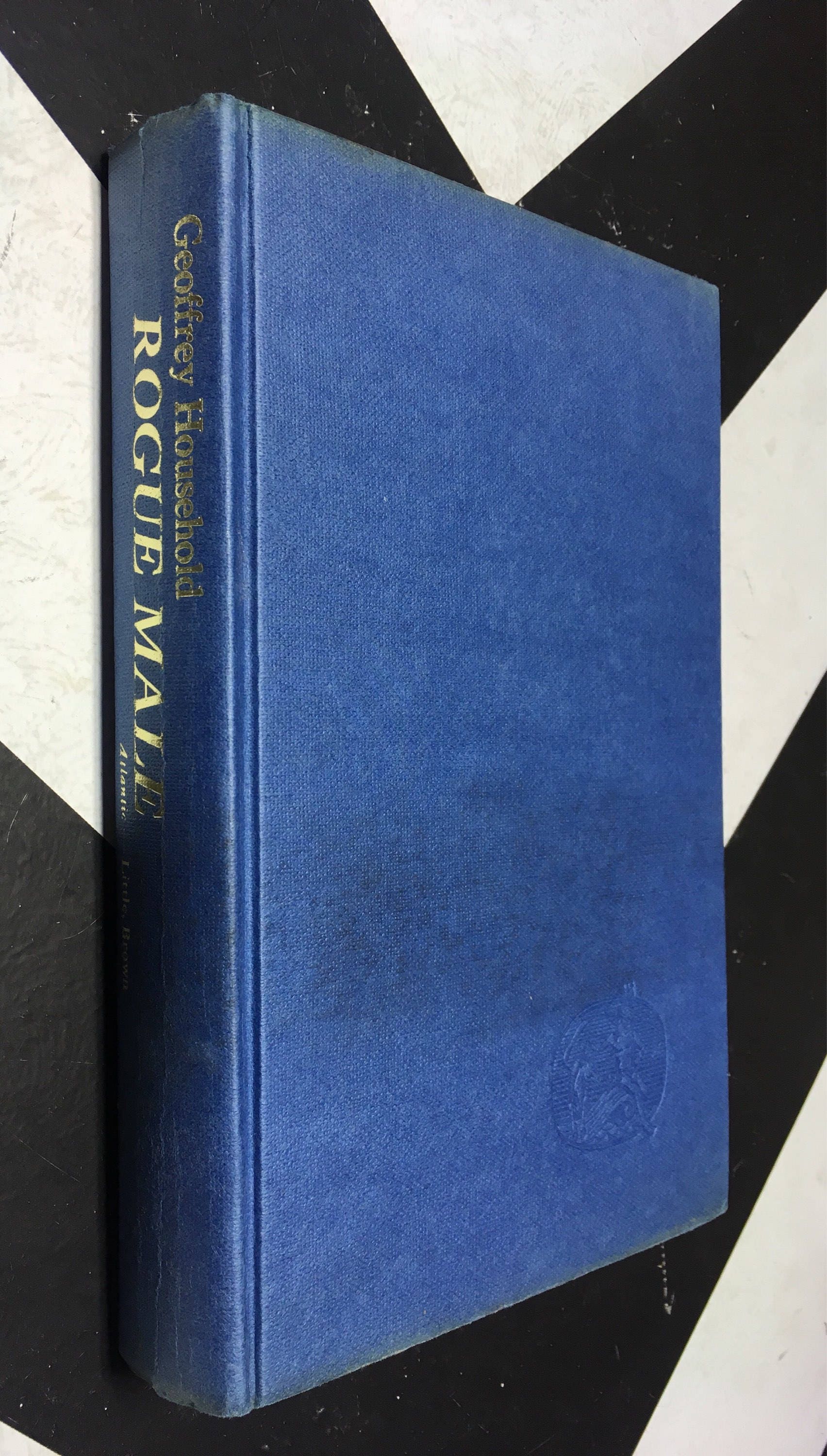

But withholding information because that’s what the character is like, can, and here does, spoil the story. Withholding information is all very well, if you intend to use this withholding to produce surprise, suspense, and a big reveal at the end. However, in a novel, the reticence of the narrator is misplaced, and can be downright irritating. He is also infuriatingly reticent, which is of course another of the marks of a gentleman: one does not give away anything that might put others at risk. He knows and is expert with every gun ever invented, it seems, and assesses risk and endures physical discomfort like a machine. He can and does use camouflage like a professional tracker. ‘He’ is also a terribly expert hunter-gatherer type. A name would inconvenience his friends and embarrass his clubs. (I have to keep calling the narrator ‘he’, because one of the points of the plot is that ‘he’ is a very well-known Englishman from an ancient family, and so he cannot be named otherwise the government would be wrongly implicated. I’ve missed out the most compelling parts of this story, which are all about how he survives. The remainder of the novel is about his fight for survival. He escapes the country, and goes to ground in London, and then into the Dorset countryside, because in London he killed one of the foreign agents who was following him, and now has the police and the rest of the agents on his trail. Once the torture is over, he is dumped over a cliff, but, against the odds, he survives. He gets into the grounds of the great leader’s estate, and almost manages to get into the firing position, but is bagged by security. Here’s the plot: the narrator stalks a very important foreign politician, for what he keeps telling us is a private sporting challenge to himself. It’s really a novel about the impending threat to European civilisation by the apparently unstoppable forces of criminal fascism.

Rogue Male is set before the Second World War, and was published only just before war broke out. This is a strange, anomalous novel, a one-off, though Household did write several other novels, with oddly familiar titles, like A Time to Kill and A Rough Shoot. The classic hunted man thriller by Geoffrey Household, Rogue Male (1939) is about a man hunted like an animal, so he must behave like one to survive.

These thrillers are tough, but with good manners. These novels were written about men of a certain generation who understood the value of the gentleman’s club, and worked within its rules. This podcast for Why I Really Like This Book was for the miniseries on Thrillers for Gentlemen, looking at the kind of thriller or spy novel that was masculine without being brutal.


 0 kommentar(er)
0 kommentar(er)
